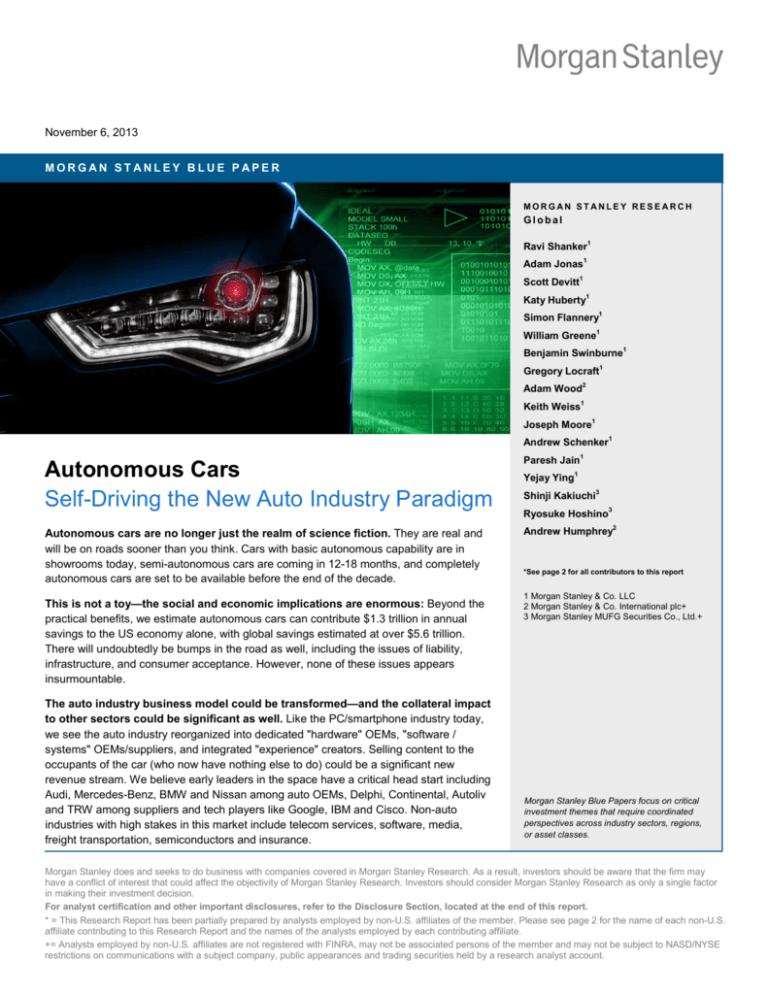Although crashes due to driver medical events are uncommon, they can have severe consequences when they do occur. A study from the National Highway Traffic Safety Administration points out that even though only 1.3 percent of crashes it tracks involve a driver with a medical emergency, those drivers are more likely to be severely or fatally injured.

Drowsy driving is a bigger problem: A third of people in a 2018 AAA survey said they had driven at least once in the prior month when they were so tired they could barely keep their eyes open. Although it can be hard to measure just how many crashes are due to sleep-deprived drivers, a 2018 AAA study that analyzed video of drivers just before a crash found that 9.5 percent were caused by drowsiness.
Some medical issues can lead to an acute emergency that causes the driver to lose control of their vehicle, says Bonnie Dobbs, a professor in the department of family medicine at the University of Alberta who has researched the impact of medical conditions on driving. “For example, an individual with epilepsy, if they have an epileptic seizure. Or it could be someone with diabetes, and they may not have taken their medication,” she tells CR.
